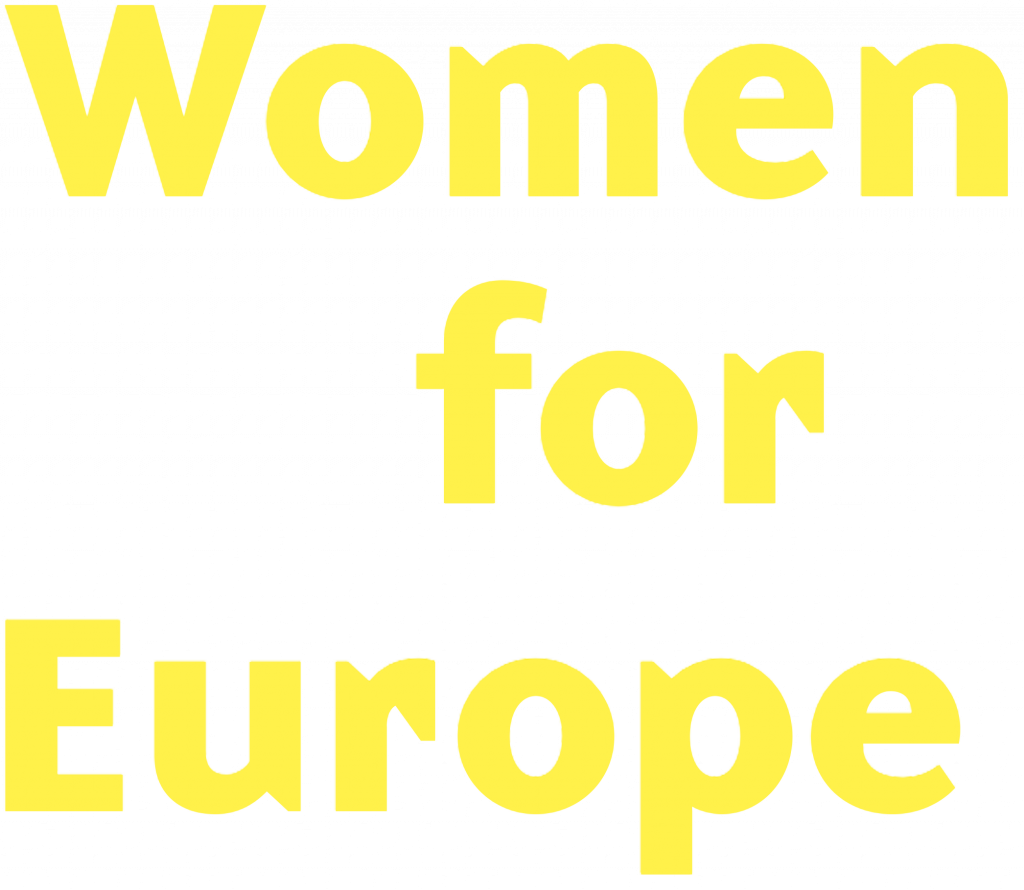
A group of European women actively engaged
in European politics founded by Ursula Hirschmann
(Brussels, 1975)
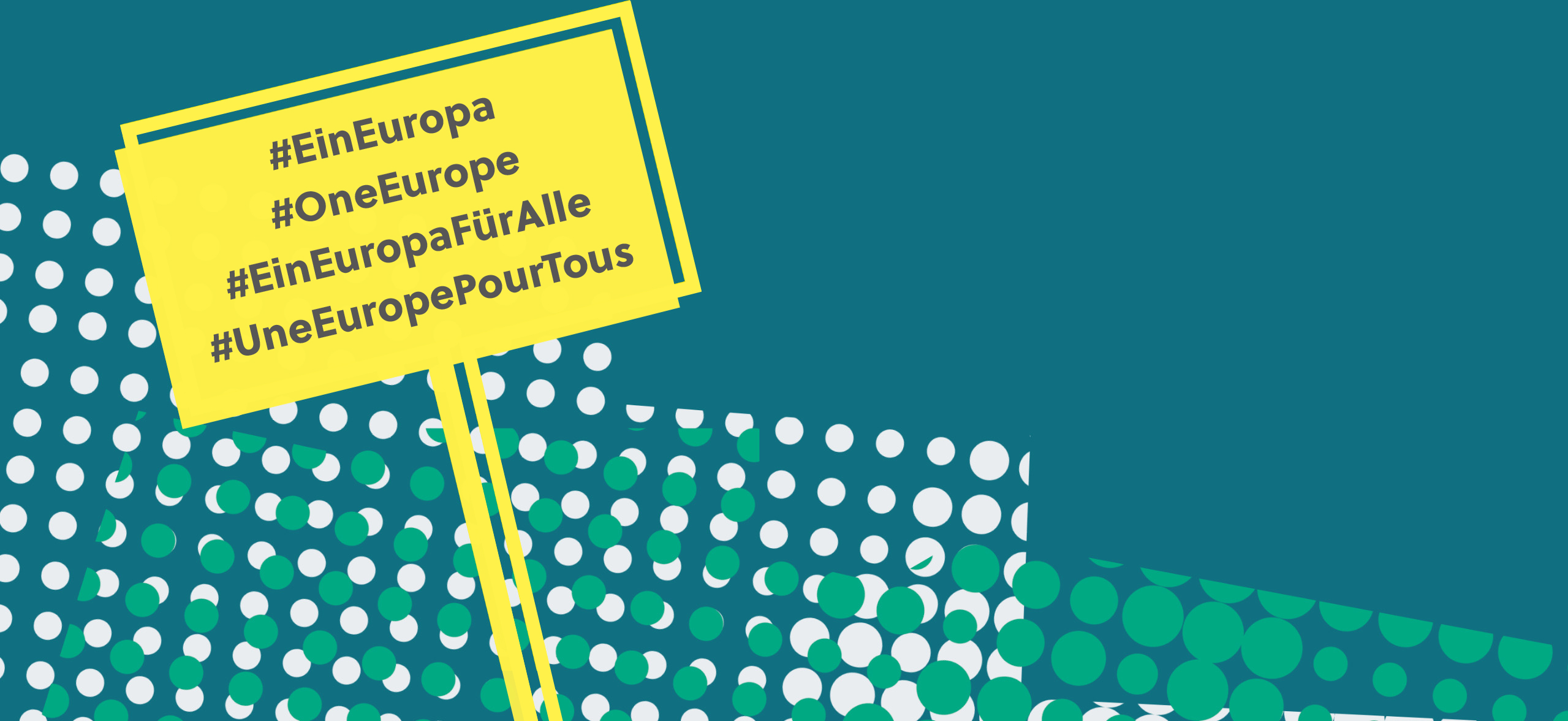
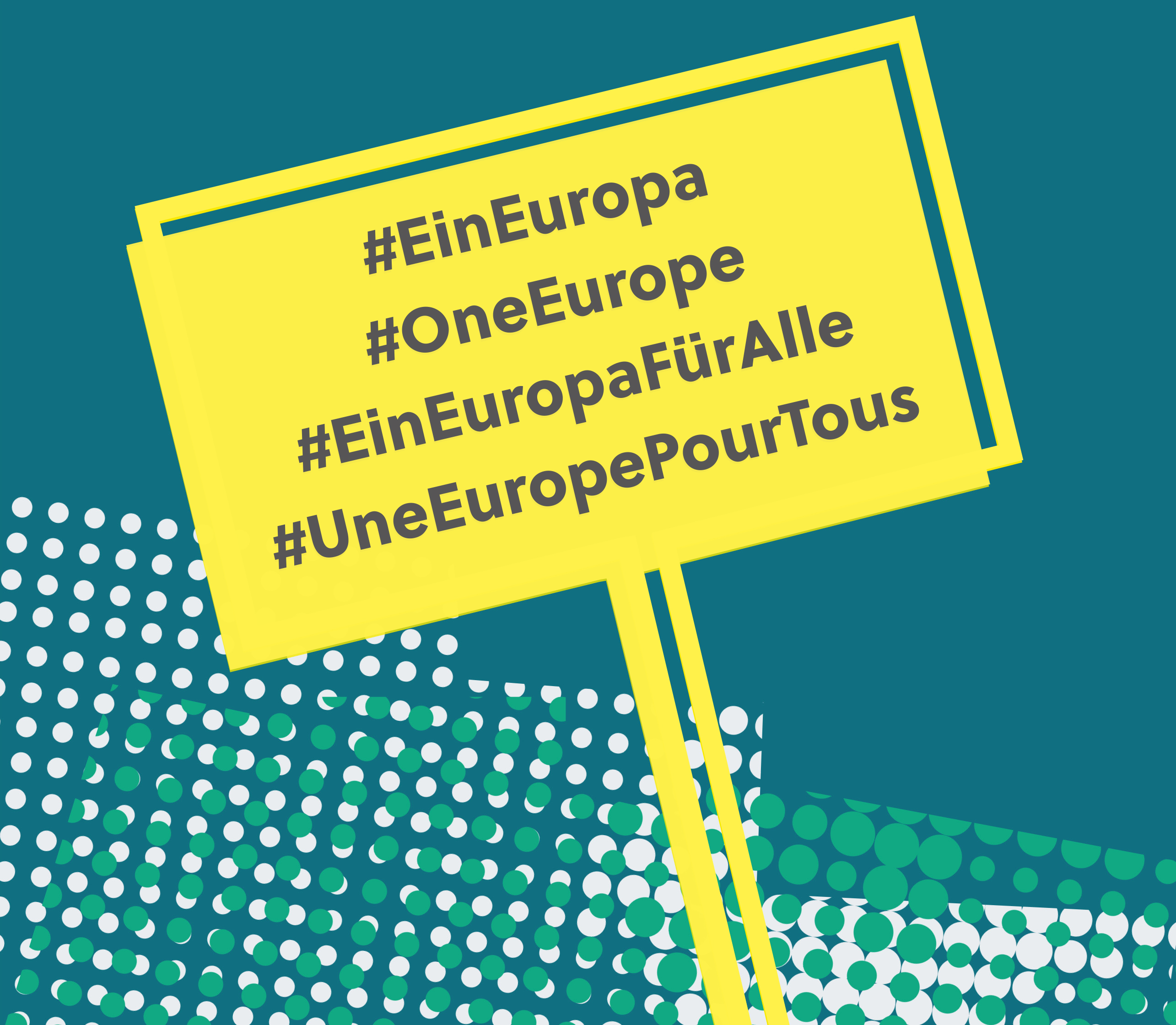
For a free and united Europe
Ventotene Manifesto (Italy, 1941)
In the throes of the Second World War, anti-fascists were fighting for European integration. They believed that the cause of war lay in the sovereignty of the nation states and called for the creation of a socialist-inspired European federal state. Women and men paid for the resistance with their lives.
The post-war integration process was very much influenced by the social market economy. The goal remained to secure peace through the mutual control of goods essential to reconstruction as well as those of strategic importance.
Today’s EU is the result of a long journey marked by growing responsibilities and new member states. However, anti-European tendencies are increasingly questioning this process – Brexit being the most recent example of this.
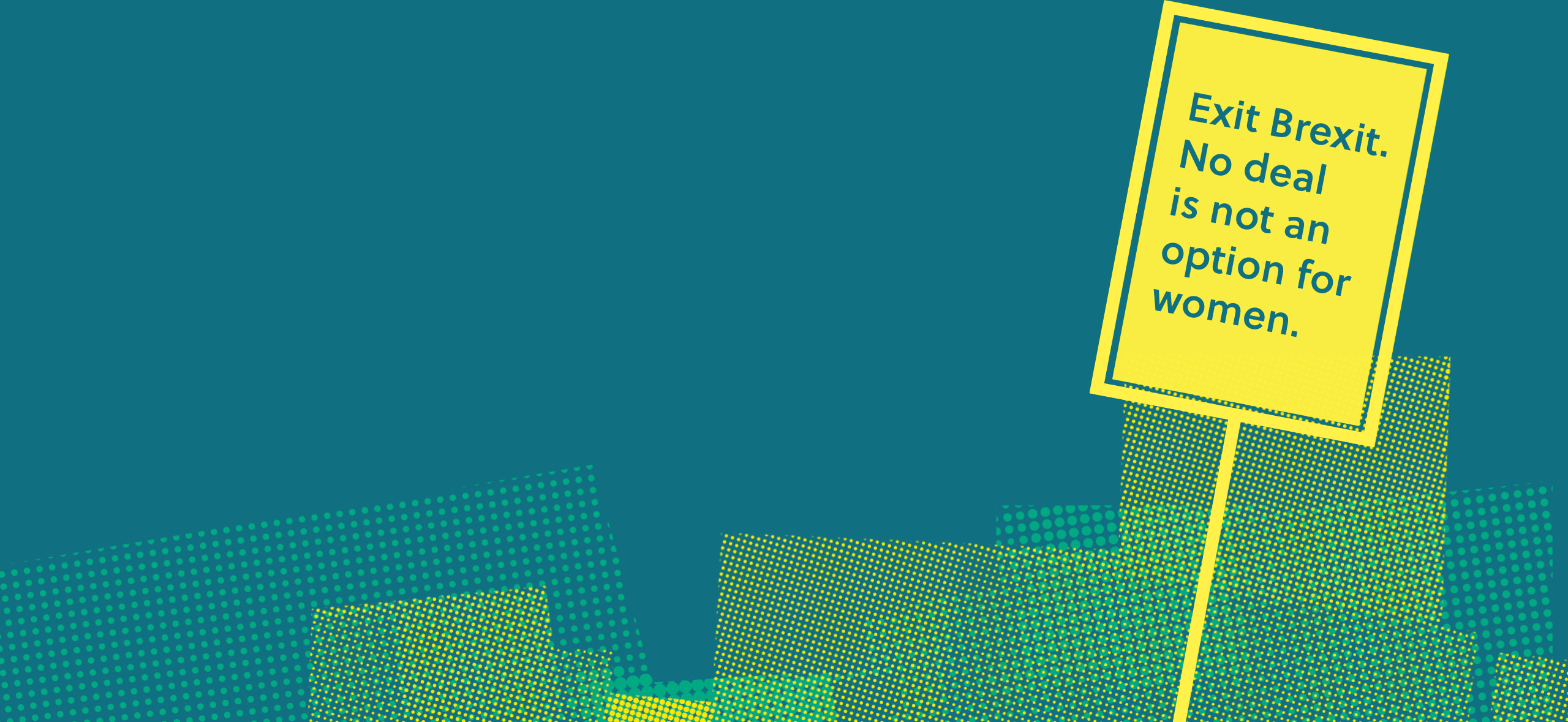
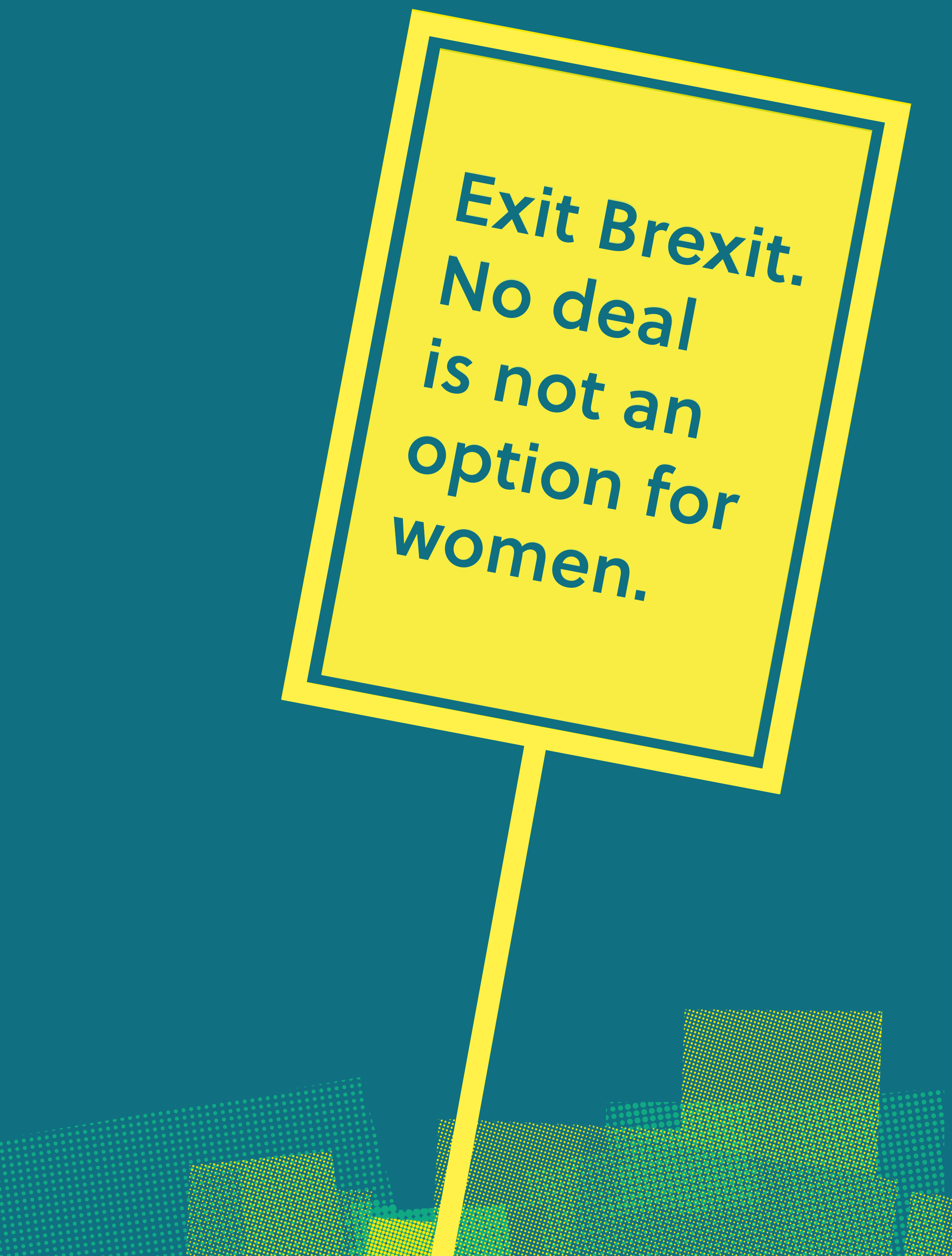
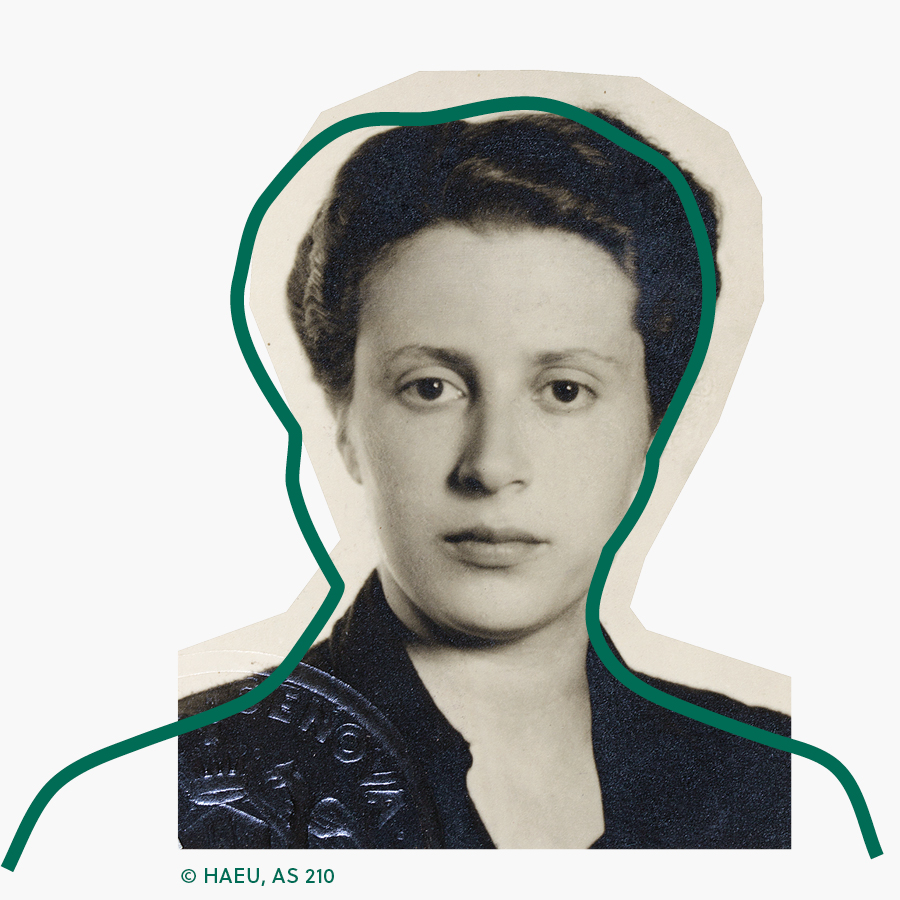
» We, the uprooted people of Europe, have › changed countries more often than we have shoes ‹ – as Brecht, king of the uprooted, put it … We, too, have nothing to lose in a united Europe other than our chains. That’s why we are federalists. «
(1993)
URSULA HIRSCHMANN
(DE – IT, 1913 – 1991)
… was an anti-fascist and a federalist. She played a role in the clandestine circulation of the VENTOTENE MANIFESTO (1941) and in the emergence of the Italian MOVIMENTO FEDERALISTA EUROPEO (1943). In 1975, she founded FEMMES POUR L’EUROPE in Brussels.

» A Europe without Europeans is inconceivable! […] The Community institutions have produced European sugar-beet, butter, cheese, wines, calves and even pigs. They have not produced Europeans. There were Europeans [… right up to] the 19th century. We must recreate them.«
(1979)
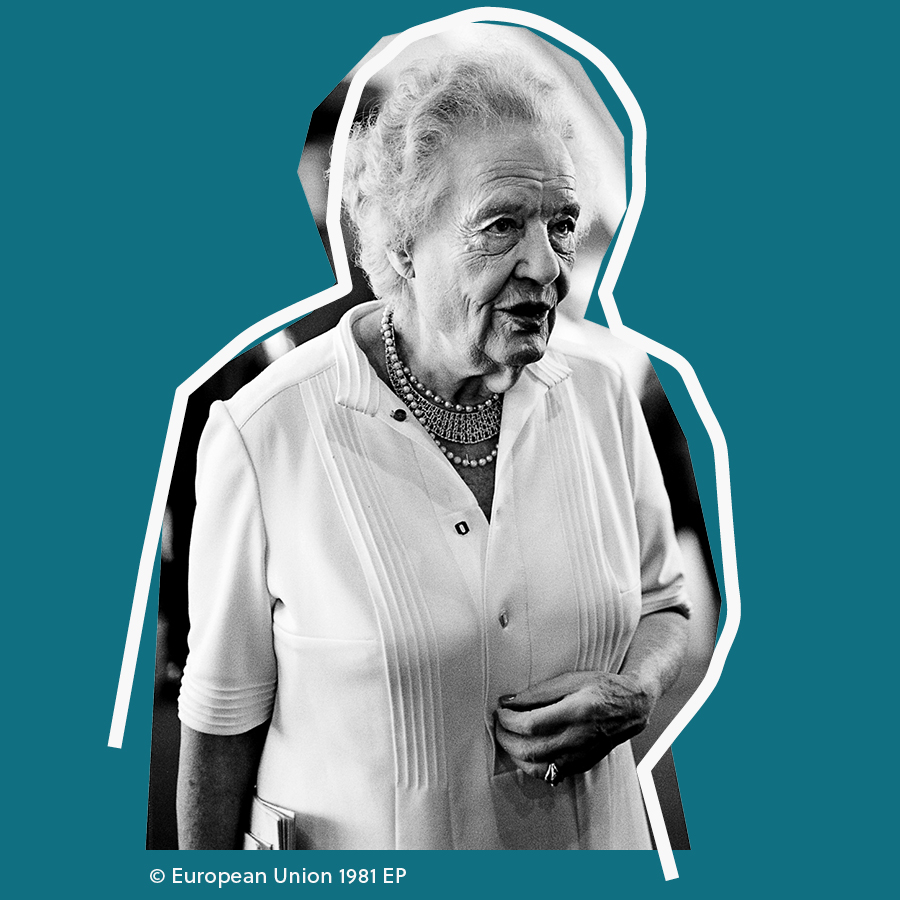
LOUISE WEISS
(FR, 1893 – 1983)
… was a journalist, women’s suffrage activist and politician (RPR). In 1918, she founded the magazine L’EUROPE NOUVELLE. Even after the Second World War, she continued to campaign for European values through her work as a journalist. In 1979, she was elected MEP and held the post of Oldest Member until her death.
Overview:
the main
EU institutions
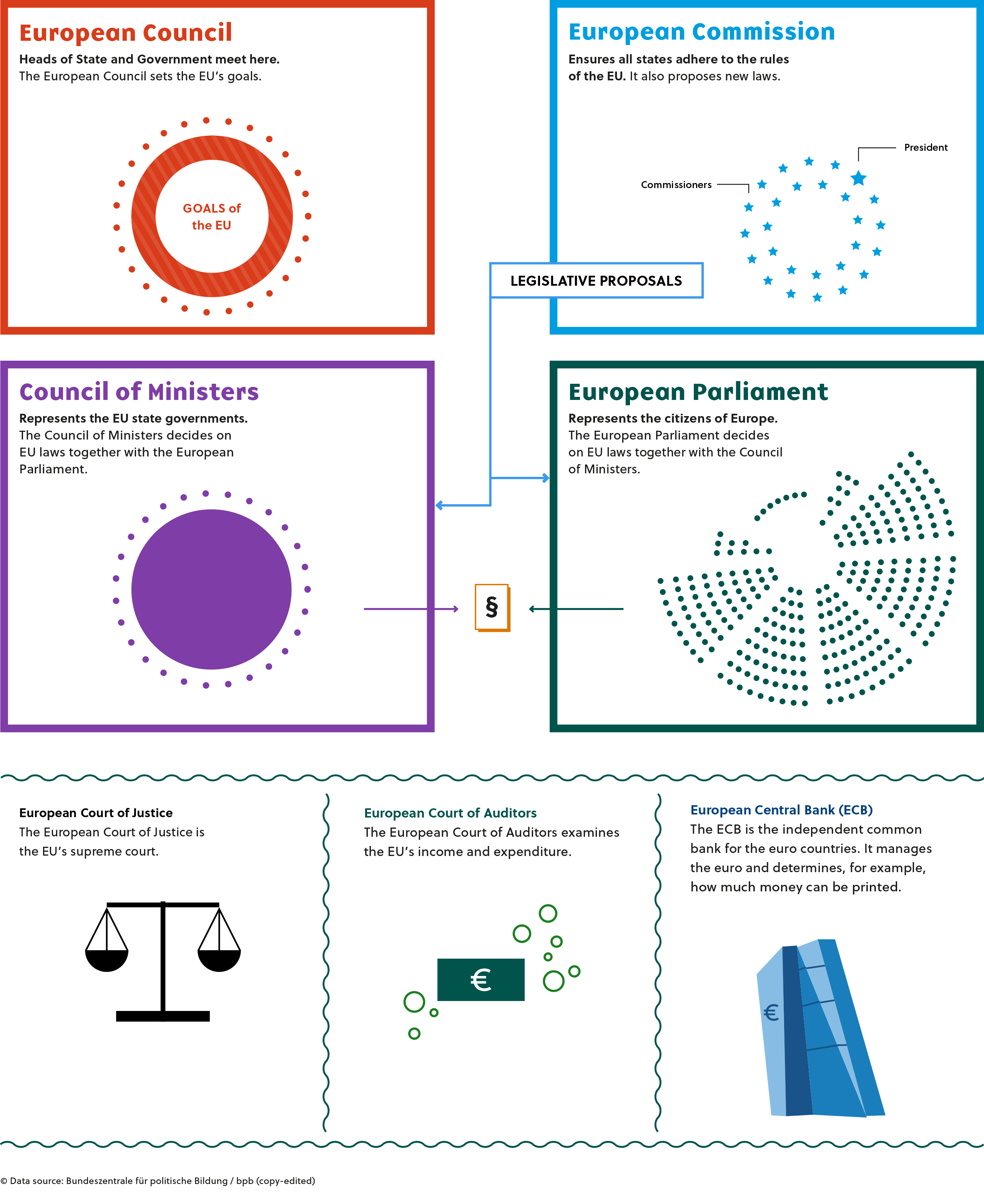

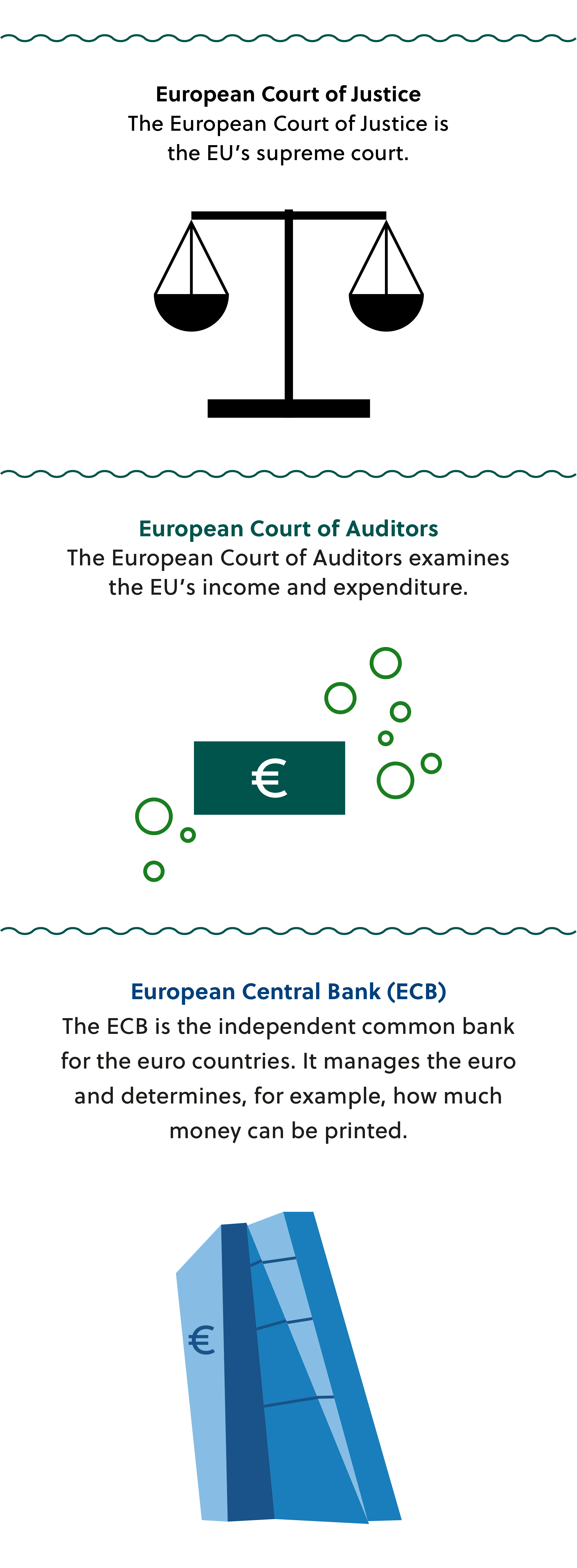
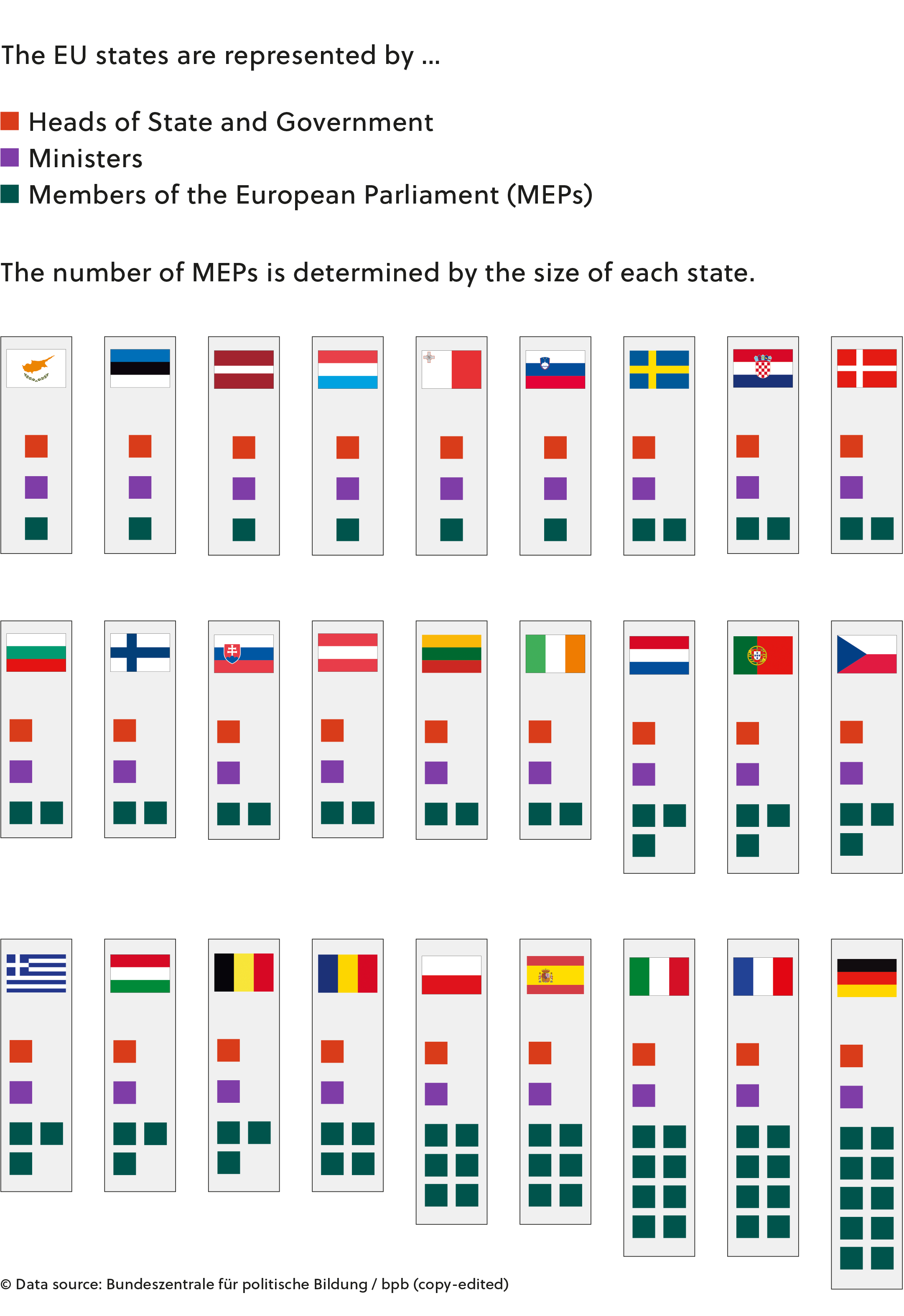

United in diversity
EU motto (2000)
Besides striving for peace and prosperity, the EU is founded on a series of shared values. The principles of equal treatment and non-discrimination are firmly established in the treaties and fundamental rights charter of the EU:
»Any discrimination based on any ground such as sex, race, colour, ethnic or social origin, genetic features, language, religion or belief, political or any other opinion, membership of a national minority, property, birth, disability, age or sexual orientation shall be prohibited.«
(Article 21 of the Charter of Fundamental Rights)
However, the swing to the right poses a very real threat to everything that has been achieved with regard to gender equality and human rights.
European Parliament
Distribution of seats 2024 – 2029

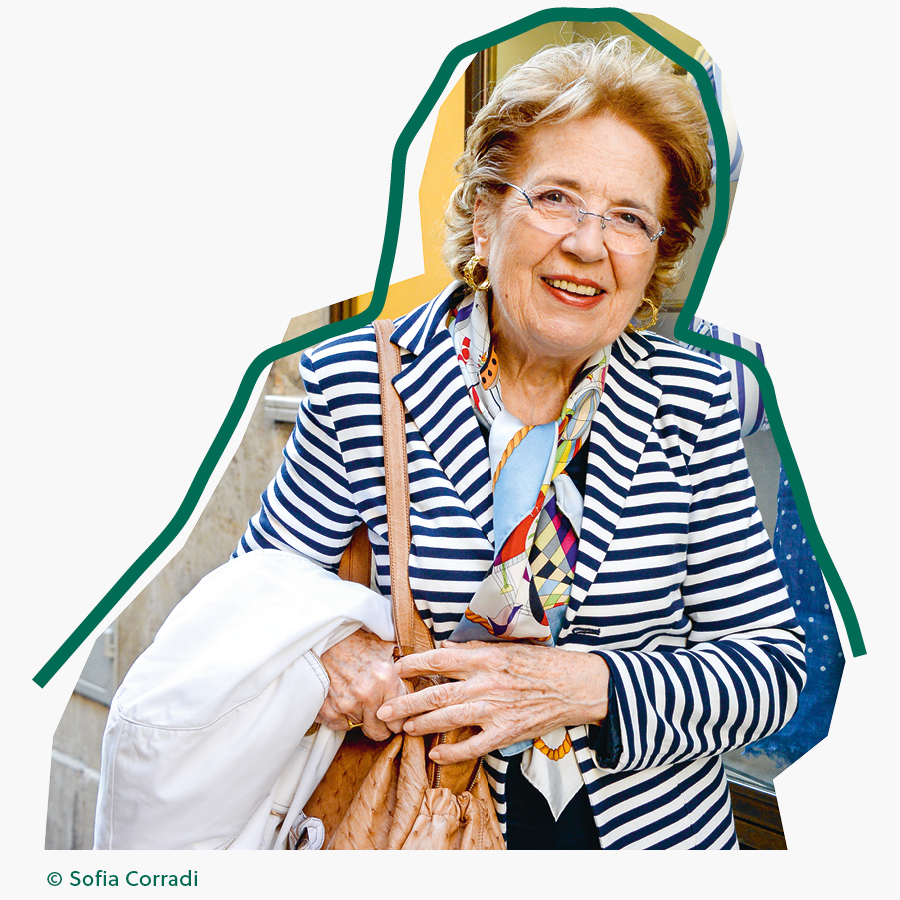
» No Erasmian is against Europe. Obviously, they understand that not everything is perfect; it’s a human concept, a project, but that’s why it’s important that we work for a better Europe. […] The programme is about making young people world citizens […] who value education and mutual understanding. «
(2017)
(IT, 1934)
… is professor emeritus of Permanent Education at Roma Tre University and the driving force behind the ERASMUS European student exchange programme (1987).

» The principle of equality between women and men is enshrined in EU law; many employment rights, maternity rights, trafficking laws and measures to combat violence against women and girls are derived from EU treaties and directives. Any form of Brexit will put these protections at risk of removal […]. We, women, never wanted this.«
(2019)
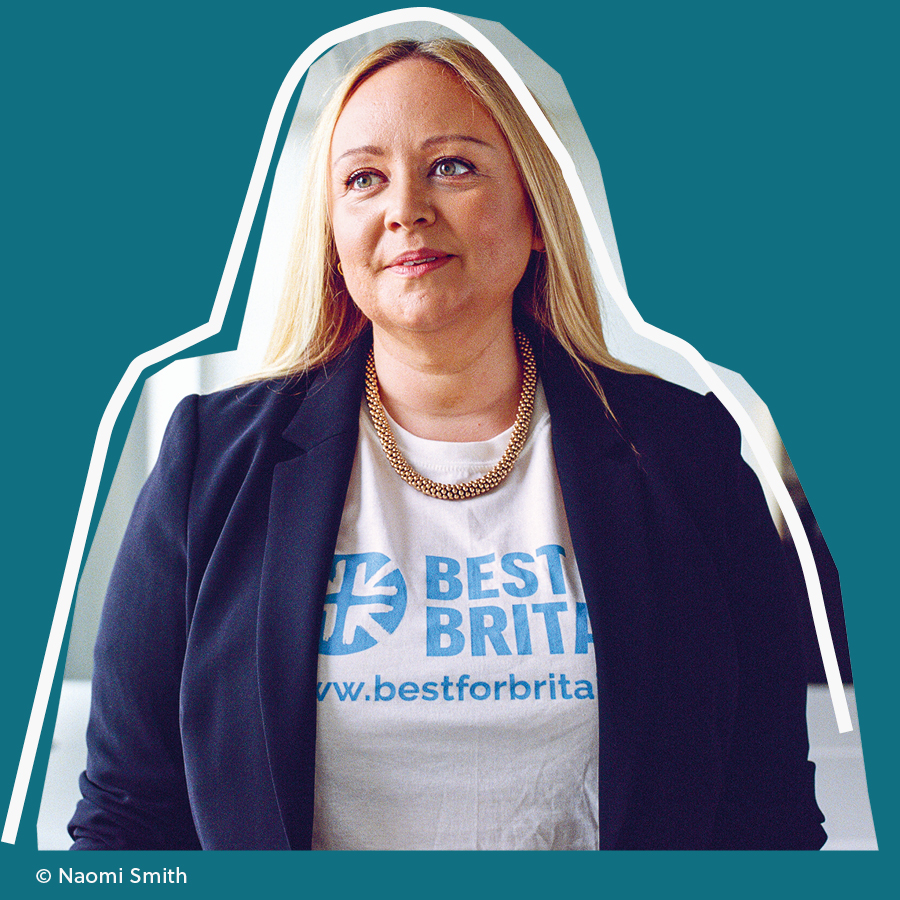
NAOMI SMITH
(UK, 1981)
… became CEO of BEST FOR BRITAIN, a civil society campaign that aimed to keep the UK in the EU, in 2019.
Since Brexit, the campaign has focused on maintaining the best possible relationship with the EU in the future.
